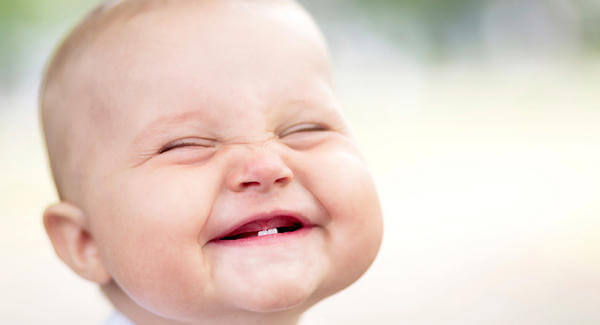
Mental Fitness and Children
July 26, 2017
7 kids books to help discuss empathy
August 8, 2017Baby teeth are important!
Start good oral care routines early to keep your child’s smile healthy for a lifetime. Baby teeth help to chew food properly, develop healthy speech patterns, and they hold a place for the permanent teeth to follow.
Here are some tips for good oral care in infants and toddlers:
- Clean your baby’s gums after every feeding with a clean and damp washcloth
- Do not let your child fall asleep with a bottle or a sippy cup
- It is normal for babies to suck for the first 2 to 3 year of age because it helps them relax.
- It is best to get your child to stop sucking before adult teeth come in
- If using a pacifier, never put sugar, honey or corn syrup this could cause cavities
- To avoid passing cavity-causing germs, only use water to clean your child’s pacifier and
- do not share eating utensils
- Healthy meals and snacks are important for healthy teeth, avoid sweet sticky snacks
- Never allow your child to sip all day on drinks other than water
- Check your child’s mouth and teeth regularly for any abnormalities
- Once your child’s first tooth appears, use a soft toothbrush with a very small amount of
- fluoride toothpaste (the size of a grain of rice)
- Brush your child’s teeth and tongue at least twice a day: morning and before bed o Use floss to clean between all teeth that are touching
- Take your child to see a dental professional by their first birthday
Did you know…
Eating hard cheese after meals or as a snack can help prevent tooth decay! It protects your teeth from bacteria and has calcium that helps to rebuild your teeth!
Tips provided by Public Health – View PDF with link below



